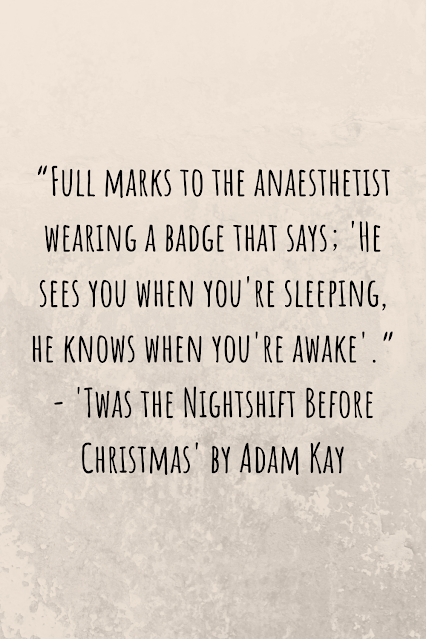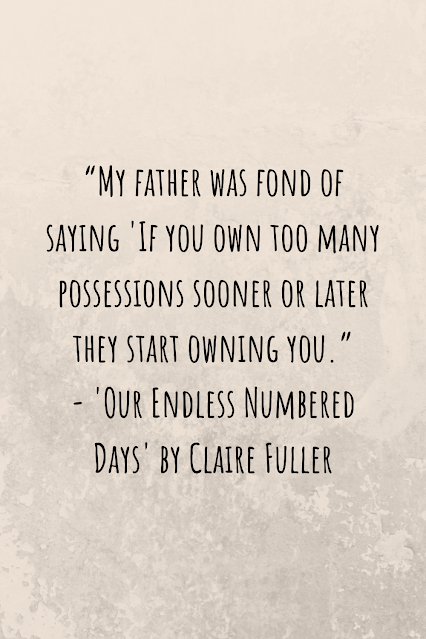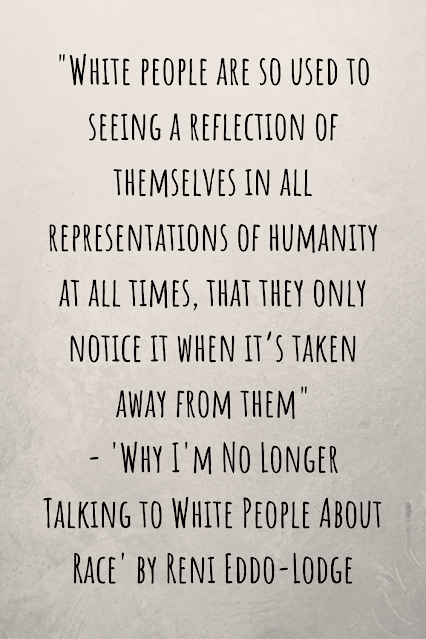I don't even know where to start with this. It's hands down the best book I've read all year, and I'm fully obsessed with Sarah J Maas' writing now and understand why she has such a cult following. This was such an incredible read that as I was getting through it I felt almost upset because I thought I'd never ever read a book as good as this ever again. I am already thinking of re-reading the series despite still having the fourth book to go, and I'm desperate for a really great TV series of the book series, with a Game of Thrones-esque budget to do it justice and make it perfect.
A Court of Wings and Ruin follows on from the end of A Court of Thorns and Roses, where Feyre has agreed a bargain with Rhysand, Lord of the Night Court, to spend one week of every month with him as part of a bargain in which he saved her life. She goes back to the Spring court with Tamlin and dreads the idea of this monthly excursion, but for a while Rhysand doesn't act on it. She feels more and more trapped in her life with Tamlin: after defeating Amarantha and the changes that have happened to her, Feyre feels like she finally deserves a bit more independence, but instead she's expected more to sit and look pretty. On their wedding day, she starts to have some doubts, and as she walks down the aisle, Rhys swoops in and demands his promised week.
Feyre dreads spending the week at the Night Court, and is petrified of Rhysand and his close courtiers. She's determined to spend all her time in her room and interact with him as little as possible, but gradually she begins to almost not want to go home, back to being constrained by Tamlin and lied to by the people closest to her.
I'm trying not to give *too* much away with this review, but it's pretty hard. Because it's such a long book (over 600 pages), a LOT happens, and we get into the action straightaway. Having now read the third book in the series, and with just the very short fourth to go, I'm pretty sure this is going to remain my favourite of them. The world building was incredible - the descriptions of the Night Court made it sound like the most beautiful place I could imagine, and I thought things couldn't improve after the Spring Court. We also get glimpses of another court as the book goes on, and it's introduced in an equally spell-binding way.
There's so much character progression in this - Feyre really starts to come into her own, moving away from the girl she used to be who always had to depend on others, and really starts to learn what she wants. I also loved seeing a new perspective on both Rhys and Tamlin, and the book was so great at switching up what you thought was the case that I really want to go back and read ACOTAR now I know what I know.
A special mention also has to go to the smut in this book because wow no one does sexual tension like Maas do they? I mean, I am in LOVE. I'd heard so many things about the paint scene, and now I totally understand why people talk about it, but there were so many scenes in the book where the tension was so insane that I was *almost* disappointed when it was released.
I have been recommending this to anyone who will listen, but mostly fantasy fans need to read this series if you haven't already, especially if you enjoy YA fantasy.








